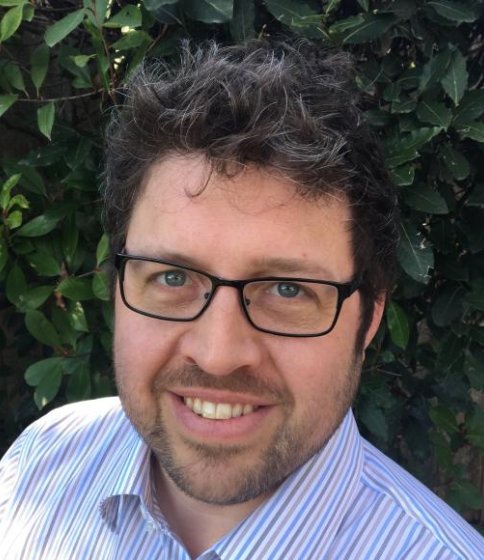
Mark Cooper
University of California, Davis
Mark Cooper is an assistant professor of Community & Regional Development at the University of California, Davis. He is a geographer and interdisciplinary social scientist focused on climate change, agriculture, and the environment. Mark’s research draws on and engages political ecology, geographical political economy and economic geography, science and technology studies, applied ethics, critical policy studies, cultural economy, environmental sociology, and animal studies.
Prior to UC Davis, Mark was a Postdoctoral Researcher in Political Science at Lund University, and a Mellon Postdoctoral Fellow in Environmental Science and Policy at the College of William & Mary. He completed his PhD in Geography at the University of Wisconsin-Madison, holds a master’s degree in Sociology from the University of Wisconsin-Madison, a Postgraduate Diploma in History from the University of Otago, and a Bachelor of Arts (with Distinction) in History (Honors) and Political Science from the University of Kansas.
-
The California Reparations Task Force, established in 2020 under Assembly Bill 3121, examined the historical and present-day impacts of slavery and racial discrimination on African Americans in California, making recommendations for remedies and educating the public.
November 4, 2024
|Evidence
| -
Following California Governor Gavin Newsom's 2019 apology for genocide and historical injustices against Native populations, the State established the California Truth and Healing Council (THC) to create a holistic understanding of the historical relationship between California Native Americans and the State and make recommendations aimed at reparation and restoration.
November 4, 2024
|Evidence
| -
Income and WealthDefining Land Justice in Rural California: How Equity Policy Can Improve State Land Investments
This project will analyze public input from two statewide reparations processes for Black and Native Californians and create additional participatory research to define reparations with Black, Native, Asian, and Latinx owners of land-based businesses, advocates, and California State staff, engaging them in analyzing climate and agricultural programs for racial disparities.
June 1, 2023
|Has Evidence
|